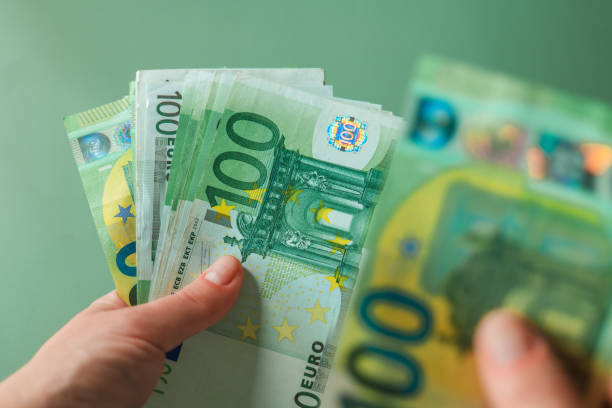By Ayanfe Oladapo,Bizwatch Nigeria Limited
Copyright bizwatchnigeria

The euro slipped toward $1.178 on Thursday, retreating from last week’s four-year high of $1.192, as weaker-than-expected German business sentiment dampened optimism about Europe’s economic recovery.
Germany’s Ifo Business Climate Index fell to 87.8 in September from 88.9, with both the Current Situation Index and Expectations Index declining. The institute noted that prospects for recovery had “suffered a setback,” reflecting broad-based weakness across industries.
Manufacturing sentiment continued to soften, with companies citing weaker orders and reduced optimism among capital goods producers. The services sector posted the sharpest decline, dropping to -3.0, its lowest level since February, while trade sentiment also worsened. Construction was the only sector to show modest improvement.
The Ifo release followed a mixed HCOB PMI survey, which showed the Eurozone private sector expanding in September on the back of stronger services activity, even as manufacturing slipped back into contraction.
Market focus also turned to the United States, where investors weighed comments from Federal Reserve Chair Jerome Powell. Powell reiterated a cautious approach to future interest rate decisions, calling recent adjustments a “risk management” move rather than the start of a full easing cycle. Money markets now price in a more than 90 percent chance of a Fed rate cut in October, with investors awaiting Friday’s US PCE price index for further direction.
Ahead of these developments, the euro had hovered near last week’s highs as traders awaited signals from both European Central Bank and Federal Reserve officials. The ECB has indicated that its rate-cutting cycle may be complete, with policymakers warning of persistent inflation pressures tied to tariffs, food and services costs, and fiscal measures.
In Asia, the offshore yuan strengthened to around 7.13 per dollar, recovering from the previous session’s losses after the People’s Bank of China set a firmer-than-expected daily reference rate of 7.1118, compared with a Reuters estimate of 7.1293.
Sentiment toward the Chinese currency was also buoyed by signs of easing US-China trade tensions, though US Ambassador to China David Perdue suggested a meeting between President Donald Trump and President Xi Jinping is now more likely to take place next year rather than this fall.



